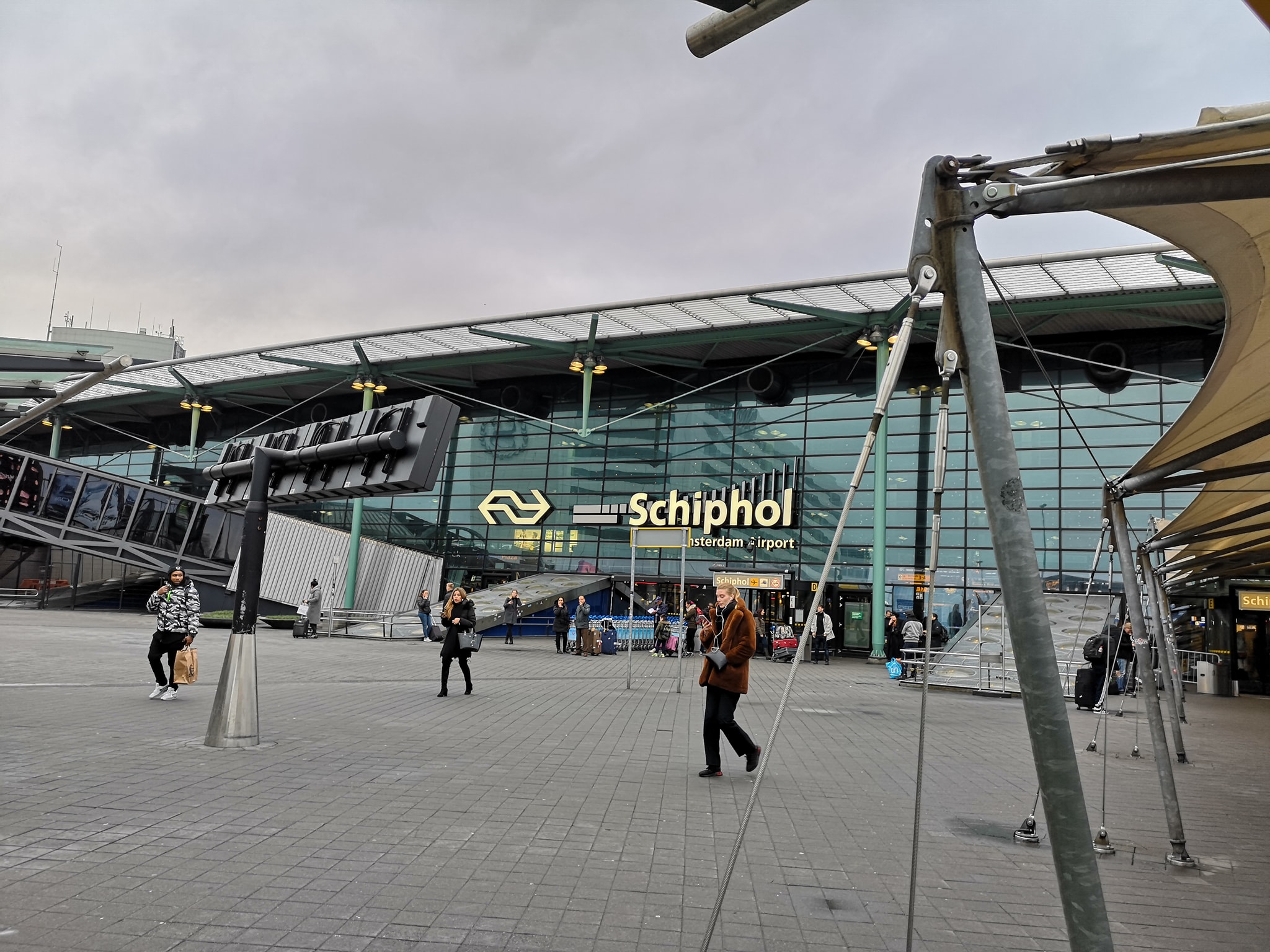Rethink at AMS on Bizav Ops Ban
Source: AIN
The government of the Netherlands has watered down plans to drastically reduce the number of aircraft movements at Amsterdam Schiphol Airport, Dutch media reported on Friday. Under the new plan, the number of yearly flight movements will be capped at 452,000 by November 2024 and not at 440,000 as initially foreseen. Also, the anticipated ban on private jets and night flights could be scrapped altogether.
The government is expected to inform the European Commission of its revised plans today or early next week. Since last summer, the Dutch government has been demanding that Schiphol reduce its flight activity owing to noise pollution for local residents. It opted for a phased reduction, from the maximum allowed number of 500,000 flights per year—as agreed by the previous government—to 460,000 flights and then to 440,000 flights.
In April, Royal Schiphol Group revealed its own plans to drastically cut the number of flights at Schiphol (EHAM). These plans included a ban on private jets and small business aircraft as part of a wider strategy to introduce a system that focuses on the structural reduction of noise and carbon dioxide (CO2) emissions in line with the Paris climate agreement, no later than 2026.
According to the airport operator, whose majority shareholder is the Dutch government, business aviation flights cause a “disproportionate amount of noise nuisance and CO2 emissions per passenger.” The airport’s new environmental strategy also includes a ban on night flights and calls for abandoning the project for an additional runway.
Operators across all segments have been critical of the decision to reduce flight capacity at the country’s busiest airport and have launched several lawsuits against the government’s plans.
The U.S. government also opposes the planned cuts. In a letter obtained by Dutch daily De Telegraaf, the Department of Transport warns that the cooperation between Dutch and U.S. airlines could break down if American airlines were to lose slots. “We ask the Ministry of Infrastructure and Water Management to postpone phase 1 of the experimentation rule as soon as possible,” the letter said. “We also ask that the first phase of the contraction and the experimentation rule be declared controversial.”
On Thursday, aviation industry groups, including the European Business Aviation Association, said plans to reduce the number of flights permitted at Amsterdam Schiphol should be suspended until a new Dutch government takes office following a general election on November 22. A joint statement issued by IATA and backed by the European Regions Airline Association said it is unacceptable for the current lame-duck caretaker government to push through the cuts, which are supported by the state-backed airport owner and still subject to legal action.
On July 25, KLM and other leading airlines filed an appeal at the Dutch Supreme Court, asking it to overrule the Amsterdam Court of Appeal's July 7 decision that Schiphol Airport could go ahead with its plans to reduce annual flights. Noise reduction has been given as the main reason for the cuts, but the controversy is unfolding against a backdrop of increasingly vocal political pressure in Europe to accelerate reductions in carbon emissions from air travel.
The current coalition government in the Netherlands no longer commands majority support in the country’s House of Representatives but remains in office until the election. Nonetheless, Infrastructure Minister Mark Harbers has previously indicated the government intends to press ahead with the traffic reduction. EBAA fears this could adversely impact business aircraft operators, which are increasingly being targeted by eco-protest groups in Europe.
“In a few months’ time, this government will not be accountable for the severe consequences that may follow from the Schiphol decision, particularly with respect to relations with the Netherlands’ trading partners, and lost jobs and prosperity at home.”
IATA and its allies are calling for the airport’s management to continue to apply the long-standing, international Balanced Approach to managing aircraft noise. However, the Court of Appeal's ruling supported the government's contention that this should not apply to the “Experimental Regulation” under which the traffic reductions are to be introduced.
“Flight cuts of this magnitude at Schiphol will mean reductions in slot holdings that will negatively impact passenger and freight services,” said the air transport groups in their statement. “No mechanism, domestic or international, exists for agreeing to such cuts. Rushing this process through could result in retaliatory international action and further legal challenges, including from [other] governments defending their legal rights under international treaties and bilateral treaties.”

